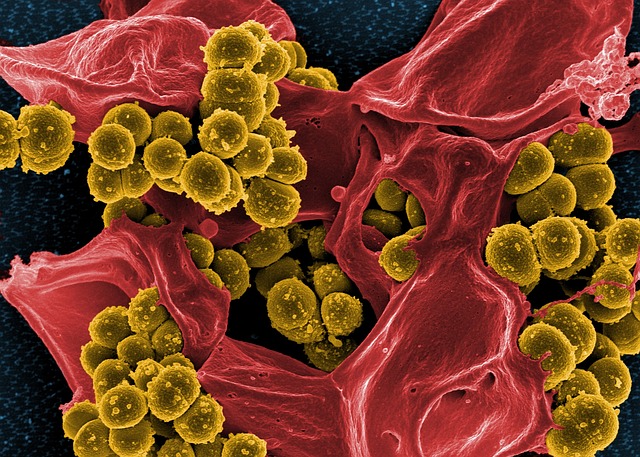A global health crisis is on the horizon, experts warn, as drugs currently on the market for previously easy-to-treat diseases are now proving to be less and less efficient, CNN reports.
A deadly superbug has just been found for the first time in an American woman, with recent reports saying that the bug could cause up to 10 million deaths each year due to its resistant nature if no measures will be taken by 2050.
Gonorrhea, a sexually transmitted disease which can usually be treated by a two-drug antibiotic medication plan, has proven to be less curable by one of these drugs, called azithromycin.
Scientists at the Centers for Disease Control and Prevention are growing increasingly concerned as gonorrhea is already resistant to penicillin, fluoroquinolones and tetracycline.
If left untreated, gonorrhea can lead to severe reproductive problems, such as pelvic inflammatory disease in women which can cause infertility, and a painful condition in men’s testicle tubes which can cause sterility.
Dr. Jonathan Mermin, director for the CDC’s National Center for HIV/AIDS, Viral Hepatitis, STD and TB Prevention, said that, “So far we’ve had no treatment failures in the United States.” The CDC continues to recommend a treatment combining an oral dose of azithromycin and one shot of ceftriaxone.
Mermin said that the CDC has been monitoring possible antibiotic resistance since 1986. The center collects bacterial samples from 25 men each month, then conducts lab tests to gauge the strength of bacteria in comparison with the antibiotic drugs created to kill them.
From 203 to 2014, scientists have found that the percentage of bacteria fighting against azithromycin increased by over 400%. The results show that gonorrhea is in the initial stages of resisting the drug.
The numbers are still small, though. Of the thousands of bacteria samples collected in 2014, only 2.5% showed a resistance to azithromycin in 2014, compared to 0.6% in 2013.
The CDC has also been tracking resistance to the cephalosporins, the antibiotic group that includes ceftriaxone, the other drug in gonorrhea treatment. These drugs have also indicated early marks of possible ineffectiveness, Mermin said. The findings were backed by a similar study conducted in England and Wales.
Mermin said they are unable to predict when and if both drugs become completely useless in stopping the STD.
As the development of antimicrobial drugs began progressing in the beginning of the 20th century, scientists were hopeful that new drugs would once and for all end infectious diseases caused by bacteria. However, that failed to happen for the main reason that bacteria adapts to the drugs created to destroy them, becoming resistant. They eventually mutate or attain genes that are able to restrict and even terminate the antibiotics themselves. Neisseria gonorrhoeae, the bacteria responsible for gonorrhea, is doing exactly this.
The growing threat of possibly untreatable gonorrhea, along with the rising rates in the disease, has made preventing its spread more important now, more than ever, Mermin said.
With gonorrhea, and all STDs, the two basic methods of reducing the risk of infection is to treat immediately with the recommended antibiotics to minimize its spread, or stick to a long-term, monogamous relationship with a clean partner and use latex condoms.
Mermin noted that the total reported cases of gonorrhea have risen to over 350,000 in 2014. But the CDC estimates over 800,000 actually occurring annually, with only half being reported. Gonorrhea is asymptomatic in most men and women, with only a few experiencing a burning sensation when urinating, or having a green or whitish discharge.
The director said that the world needs to acknowledge that antibiotics will not work forever to cure diseases, and everyone needs to deal with the fact. “By preventing gonorrhea,we can also prevent resistant gonorrhea,” he said.
The study was published in the Morbidity and Mortality Weekly Report.
























